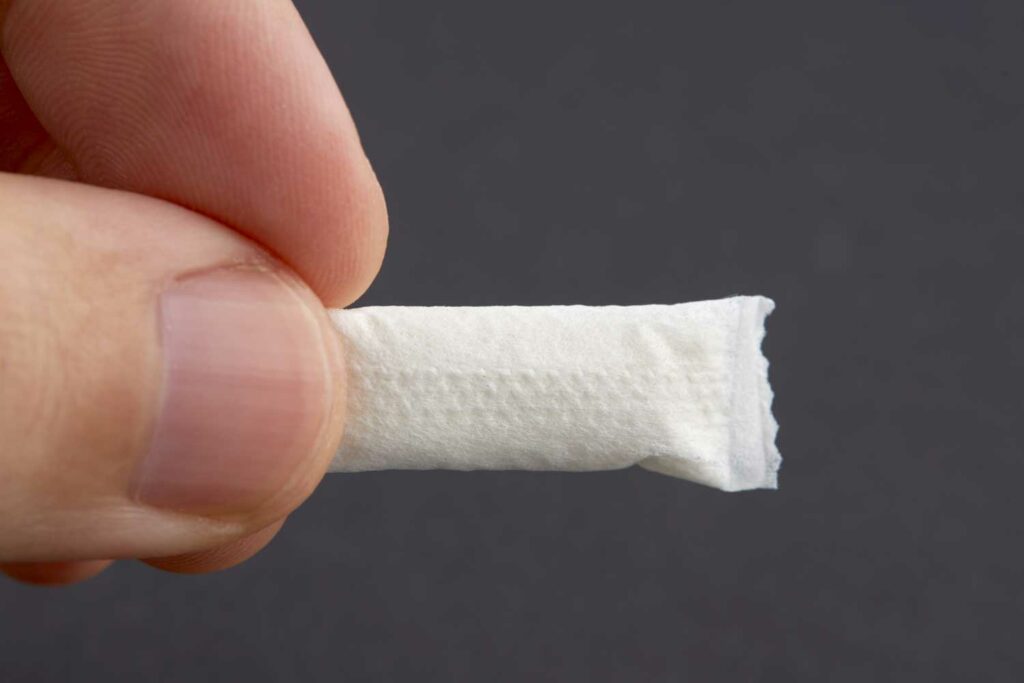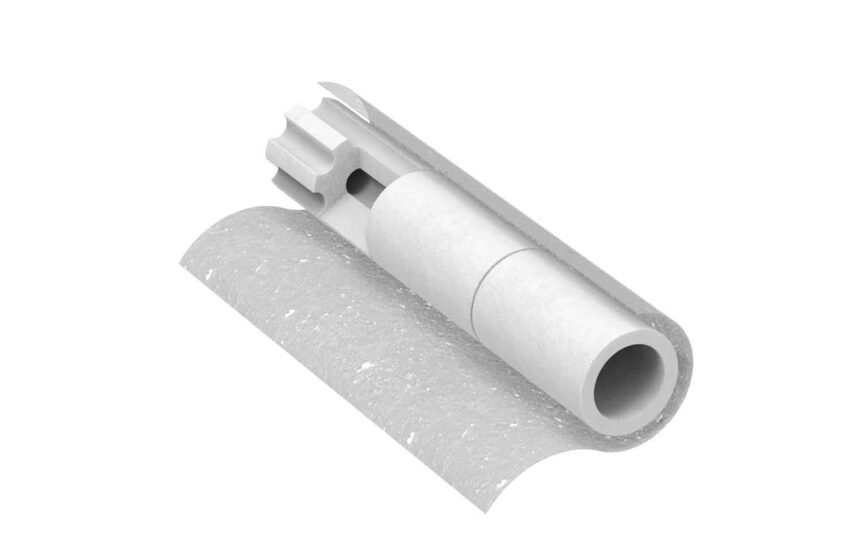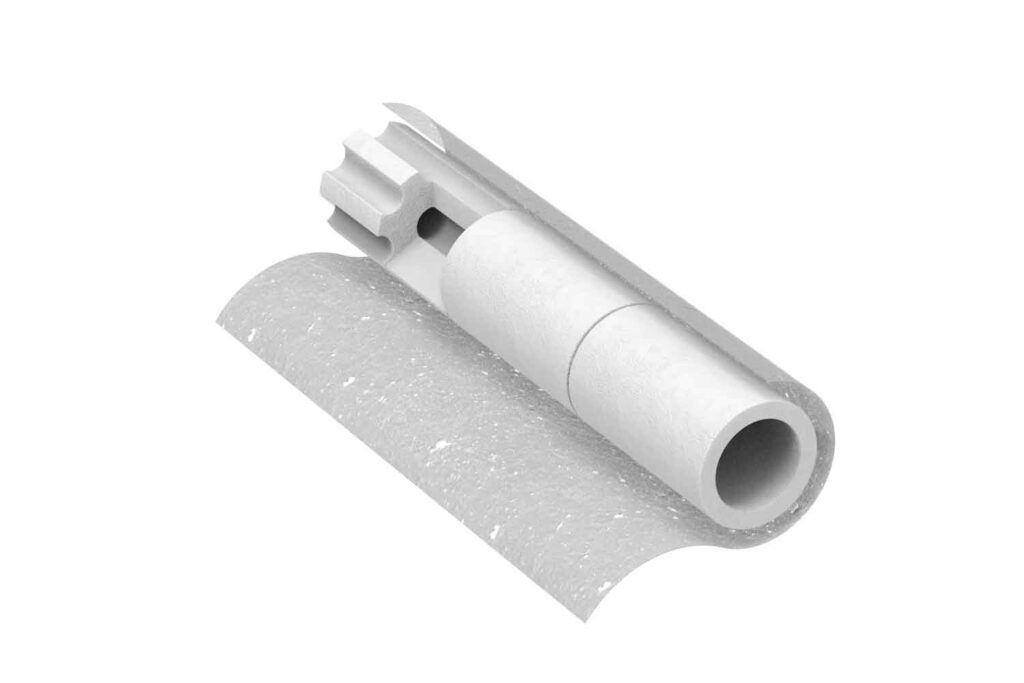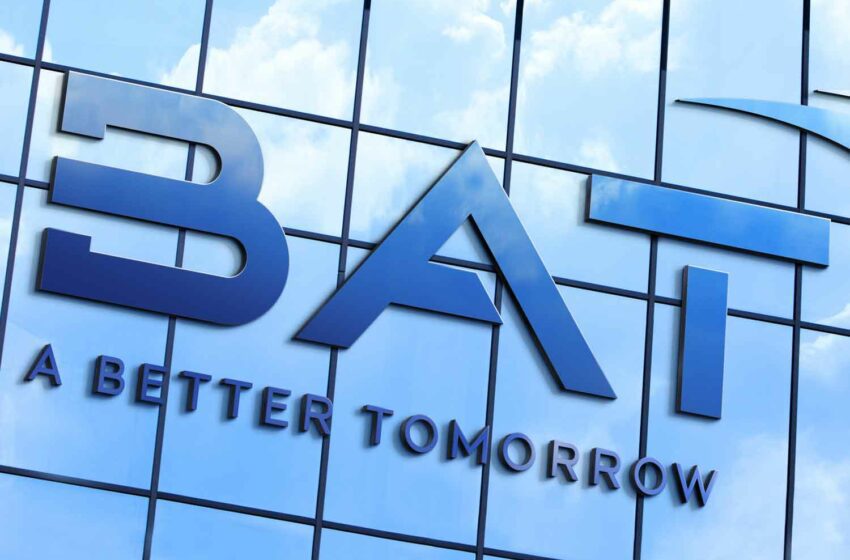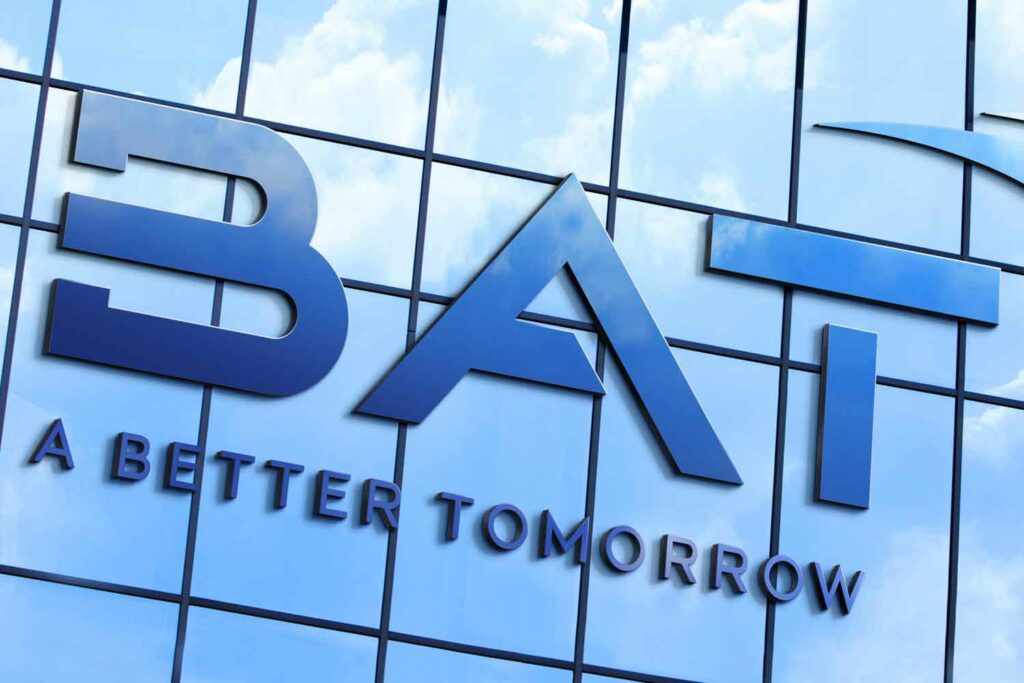
Habanos of Cuba celebrates its 30th anniversary this month. Founded Sept. 14, 1994, the company has established itself as a benchmark in the worldwide promotion and sales of Habanos, which are considered by many to be the best handmade cigars.
With a presence in over 130 territories across five continents, Habanos boasts a portfolio of 27 premium cigars, including iconic names such as Cohiba, Montecristo and Partagas. Since its creation, the company has tripled its consolidated turnover.
Every year since 1999, the company’s Habano Festival, attracts distributors, aficionados and celebrities from around the world. The event has evolved into a key platform for presenting new products, exchanging ideas and celebrating activities and experiences related to the Habano culture.
Meanwhile, the La Casa del Habano franchise network has expanded to more than 155 boutiques in over 60 countries.
“Over the past 30 years, we have traveled a path filled with tradition, passion and dedication, bringing the Habano to over 130 territories and solidifying our position as leaders in the premium tobacco industry. All of this has allowed us to reach a record revenue figure of $721 million in 2024,” wrote Habanos Copresidents Maritza Carrillo Gonzalez and Luis Sanchez-Harguindey in a joint statement.
“However, beyond the numbers and achievements, what truly defines us are the relationships we have built. Each satisfied customer represents a shared success, and we are grateful for their loyalty and support over the years. Today, we celebrate the past, but we also look to the future with the same entrepreneurial spirit that has guided us here.”


